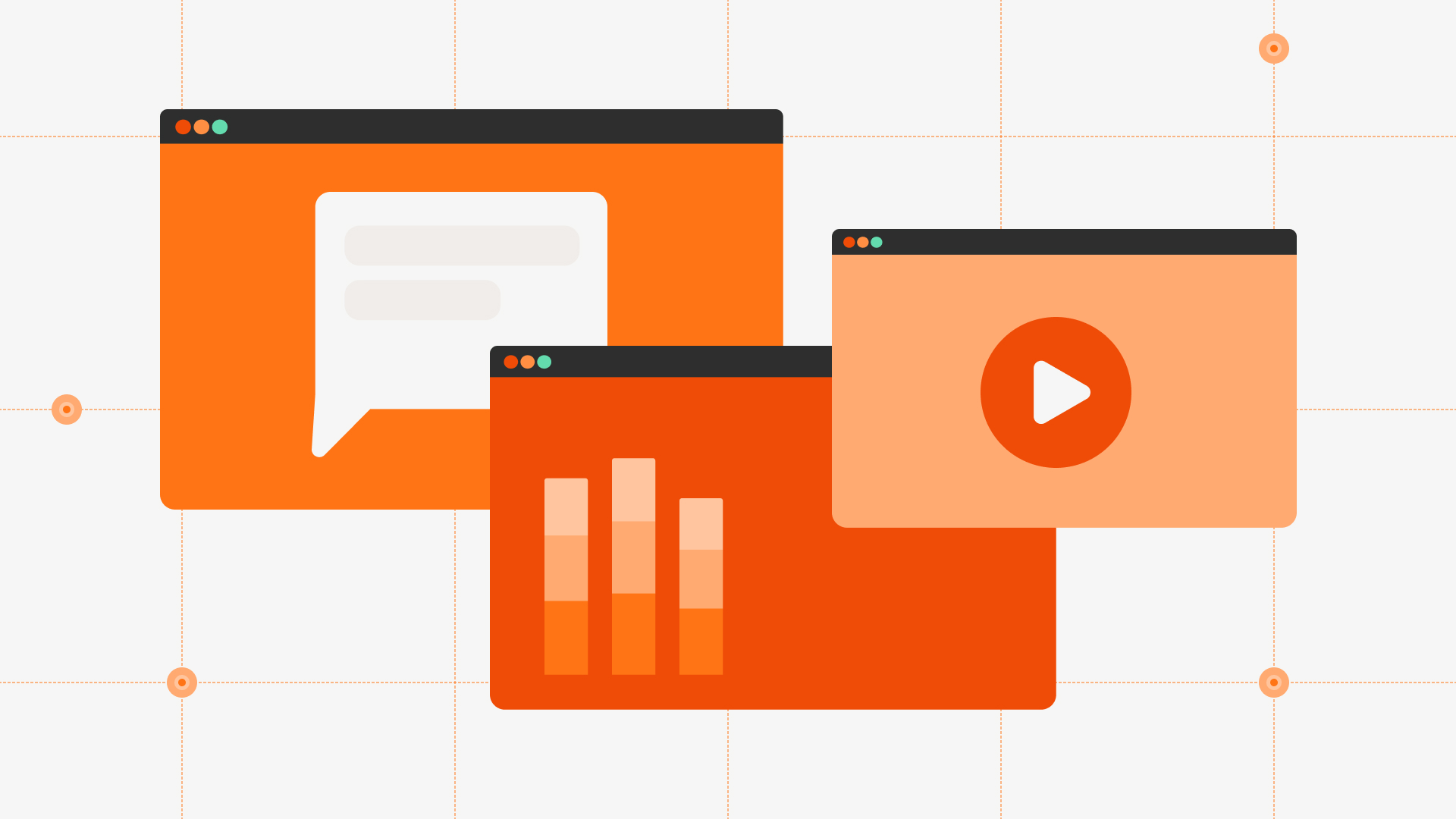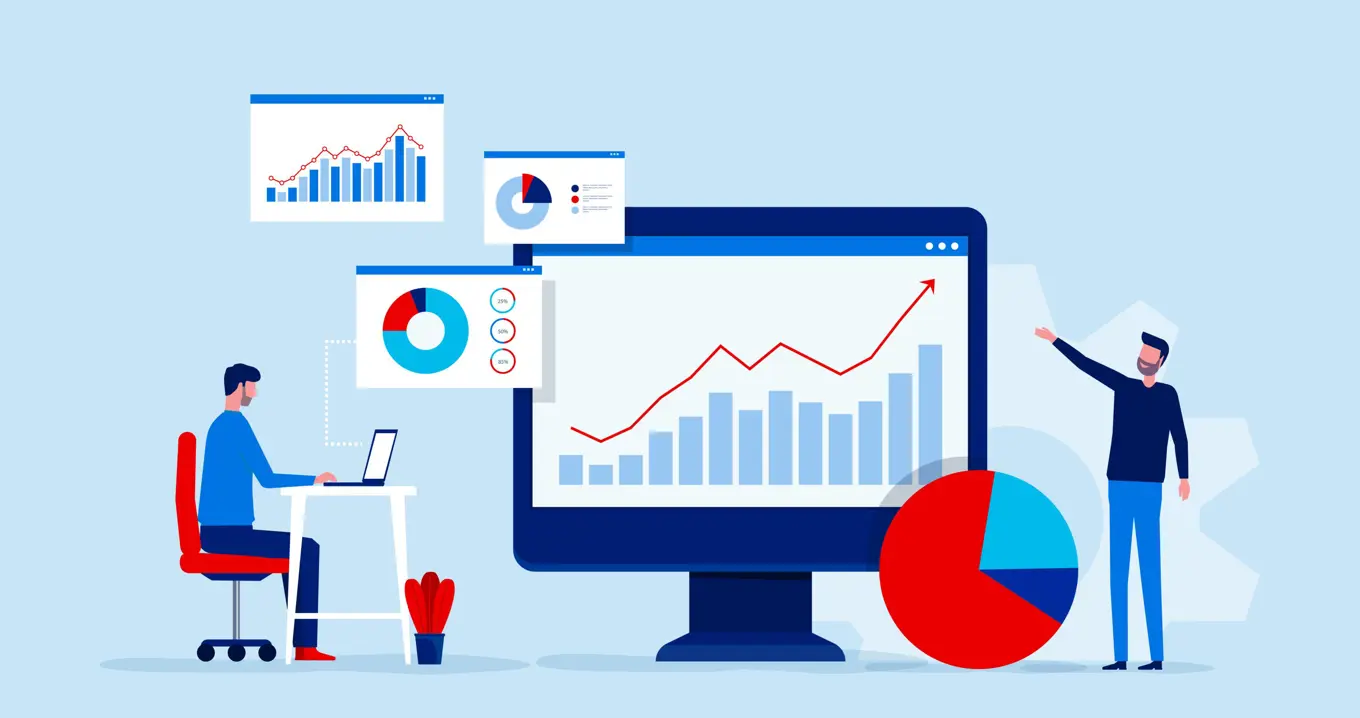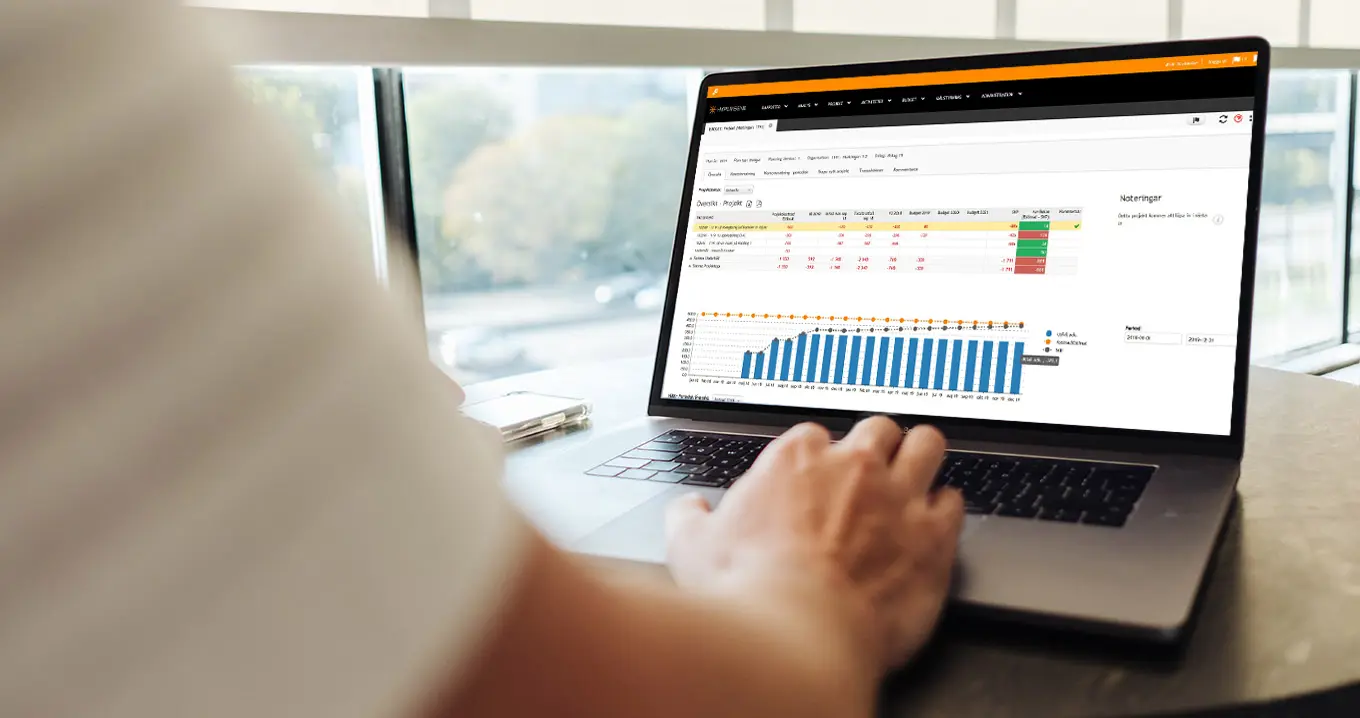Blog
Here we collect articles, customer cases and insights that highlight how organizations in different industries work smarter with planning, follow-up and decision support. Learn about trends, best practices and how Hypergene is used in practice.

BI, ERP, Excel or Hypergene – what’s the right path to the future of financial management?
When it comes to Financial Planning & Analysis (FP&A), many finance teams face a crossroads: Should we keep working in Excel and patch things together with ERP and BI? Or is it time to move to a solution that’s actually built for the job? In this guide, we look at the four most common alternatives – and explain why more CFOs and controllers today are choosing a modern FP&A platform like Hypergene.
Grazie! Your submission has been received!
Oops! Something went wrong while submitting the form.
Would you like to know how Hypergene can help you?
Discover how you can simplify planning, streamline follow-up and make better decisions — with a solution tailored to your industry.














